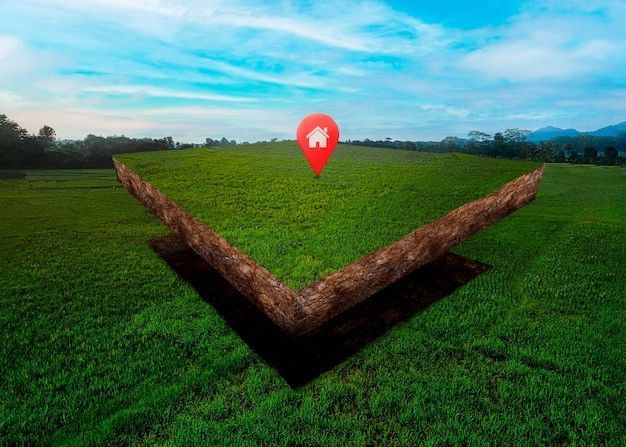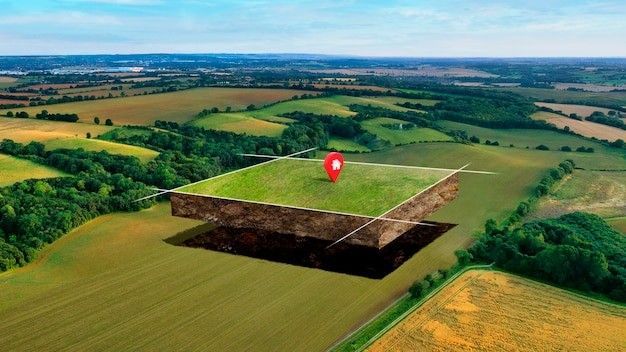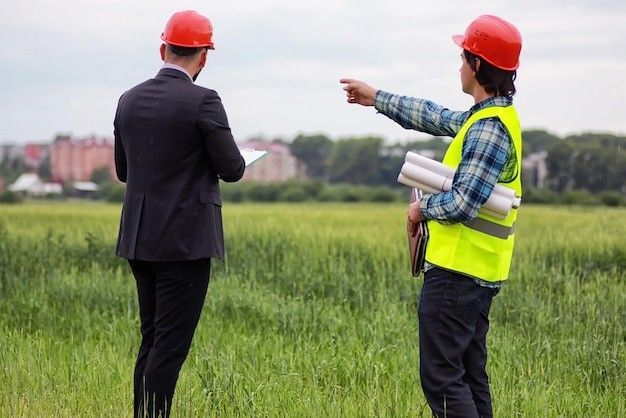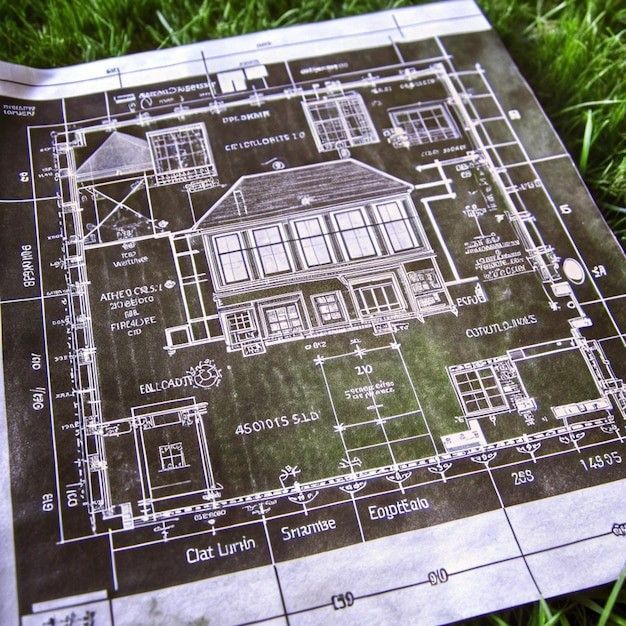Buying Rural Land? A Property Land Survey Can Save You from Surprises
February 21, 2025
Purchasing rural land can be an exciting investment, but it comes with its own set of risks and challenges. One of the best ways to protect yourself from unexpected issues is by conducting a property land survey before finalizing the purchase. A property land survey provides a detailed analysis of the land’s boundaries, topography, and features, ensuring that you understand exactly what you're buying and avoid surprises down the road.
The Value of a Property Land Survey
When you purchase rural land, it's often a blank slate raw and undeveloped, with no structures or formal demarcations. Without a proper survey, it’s easy to overlook hidden issues that may not be visible to the naked eye. A
property land survey
identifies potential challenges such as boundary disputes, easements, water access rights, or even the existence of natural hazards. Understanding these details can save you a significant amount of time, money, and frustration.
For example, if the land you’re interested in is near a body of water or on a sloped terrain, a survey will help you understand how those features impact your future development plans. It ensures that you won’t run into legal or environmental challenges after the purchase, and it gives you a clear understanding of where your property boundaries lie.
What a Property Land Survey Reveals
A property land survey provides critical information about the land, such as:
1. Property Boundaries:
A survey clearly defines the property lines, ensuring you know exactly what you're buying. This helps avoid any potential disputes with neighbors over land ownership in the future.
2. Topography and Elevation:
The survey reveals the natural features of the land, including the slopes, elevation changes, and any obstacles that could affect building or farming.
3. Utilities and Access Points:
The survey will mark access points and where utilities (water, sewer, electricity) are located, which is especially crucial when buying land in rural areas that may not have easily accessible services.
4. Land Use Zoning:
The survey can also provide valuable zoning information that tells you how the land can be used for agricultural, residential, or commercial purposes.
This comprehensive information enables you to make informed decisions about the land and avoid costly surprises later.
Why Skipping a Survey Can Be Risky
While it might be tempting to save money by skipping a land survey, this can lead to serious consequences. Without a survey, you might purchase land only to find that it doesn’t meet your expectations or that it has hidden issues such as boundary conflicts, water rights disputes, or other legal complications. Additionally, rural land often requires unique development permits, and a survey ensures you're fully compliant with local zoning laws and regulations. A land survey can also identify issues that might not be visible on the surface, such as access rights or potential easements that could interfere with your plans for the land.
Ending Note:
A property land survey is a crucial step to avoid unexpected issues when purchasing rural land. It provides peace of mind, knowing that your investment is protected and that you fully understand what you’re getting into. Whether you're planning to build a home, set up a farm, or simply hold the land as an investment, a survey ensures that your project goes smoothly. At
RealMapInfo LLC , we specialize in providing professional land surveying services that give you the confidence to move forward with your rural land purchase. Our experienced team ensures that your
as-built plot plan
is accurate and thorough, setting you up for success in your land development or investment plans. Trust us to guide you through the surveying process, helping you avoid surprises and protect your investment every step of the way.
Ready to take the next step in your rural land purchase? Contact RealMapInfo LLC today for expert surveying services that will ensure your investment is secure and well-planned.












Share On: